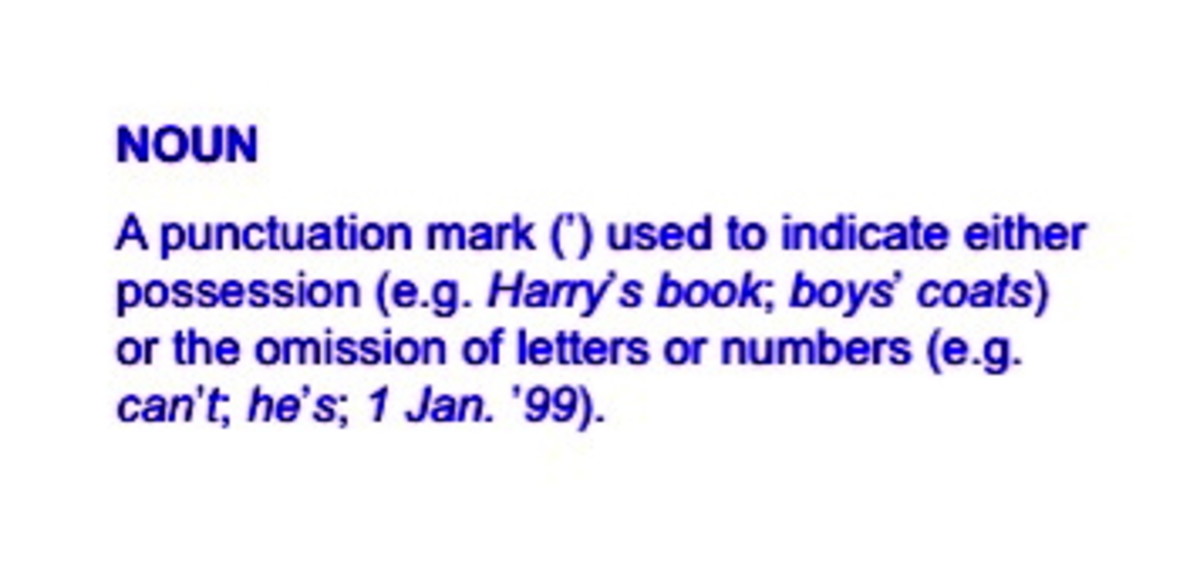The Use Of Adjectives As Other Parts Of Speech

Using adjectives as other parts of speech
An adjective is traditionally defined as any word which describes or qualifies a noun or pronoun. For example the word “beautiful” is an adjective in the sentence: You have a beautiful car. “Beautiful” is an adjective simply because it is describing the noun “car”.
Also “tall” is an adjective in this sentence: She is tall. “Tall” is the adjective simply because it qualifies or describes the pronoun “she”.
There are several thousands of adjectives in the English language; some of these very common adjectives include the following: beautiful, tall, short, weak, ugly, rich, wealthy, handsome, poor, dirty, good, small, windy, filthy, large, big, etc.
The list of adjectives goes on and on, but it will surprise you that in our list, you are going to find some adjectives that can function as other parts of speech. Take the adjective “poor” for instance. This word, which we all know is an adjective, can seize functioning as an adjective and function as another part of speech depending on how we use it in a sentence.
Example:
- The woman is poor. (“Poor” is functioning as an adjective because it is describing the noun “woman”)
- The poor need some help. (“Poor” is functioning as a noun in this sentence. It is not an adjective because it is not qualifying any noun or pronoun. It is rather the subject of the sentence.)
Depending on how they are used in sentences, adjectives can be used as nouns, adverbs, and prepositions.
Adjectives used as nouns
An adjective seizes being an adjective when it is used as a subject or object in a sentence. Here, it becomes a noun. When it is being used as a noun, it can be a common or a proper noun. Let us take a look at some simple examples below.
- The rich want to become richer always. (Noun)
- The rich man has died. (Adjective)
- The poor keep getting poorer while the rich keep getting richer. (Nouns)
- The poor woman has lost her battle with cancer. (Adjective)
- English is an easy language. (Noun)
- I really like the English language. (Adjective)
- He is trying to build a home for the elderly. (Noun)
- The elderly man fell down last night. (Adjective)
- Your secret is safe with me, so don’t worry. (Noun)
- The drugs were found in a secret compartment in his suitcase. (Adjective)
- The French are very interesting people. (Noun)
- The French minister is visiting our country. (Adjective)
- Spanish is the official language in Spain. (Noun)
- The Spanish singer has won the award. (Adjective)
Adjectives used as adverbs
Adjectives can also be used as adverbs depending on how they are used in the sentence. When you use an adjective as an adverb in a sentence, it will perform the function of an adverb. And if you know what an adverb is, you know that an adverb performs three functions: to modify a verb,to modify an adjective, and to modify another adverb.
Examples:
- Do not speak loud please. (Adverb)
- I don’t like loud noise. (Adjective)
- The man was hit hard in the face. (Adverb)
- The bread is so hard that I can’t eat it. (Adjective)
- After days of rain, the sun is shining bright today. (Adverb)
- The day is bright. (Adjective)
- I was wide awake when the armed robbers broke into my apartment. (Adverb)
- Because he has a very wide mouth he can’t keep quiet for a second. ( Adjective)
- He walked fast to the office. (Adverb)
- He loves fast cars. (Adjective)
- You should go straight home. (Adverb)
- The road is straight. (Adjective)
- You look pretty cool today. (Adverb)
- You are pretty. (Adjective)
Adjectives used as prepositions
Although not very common, adjectives can also function as prepositions depending on how they are used in a given sentence. Let us see some few examples of adjectives functioning as prepositions in sentences:
- Please don’t stand near me. (Preposition)
- The election was a near disaster for President Barack Obama. (Adjective)
- Jonathan eats like a pig! (Preposition)
- The dispute was settled in a like manner. (Adjective)
NOTE:
Just like we have adjectives functioning as other parts of speech, we can also have other parts of speech being used as adjectives.
Nouns used as adjectives
- I live in a village and I am proud of where I live. (Noun)
- John is a village boy. (Adjective)
- The country is really beautiful. (Noun)
- Do you like that country boy? (Adjective)
- The table is made of glass. (Noun)
- The glass table has broken. (Adjective)
Participles used as adjectives
When a participle describes a noun, then it is said to be functioning as an adjective. But what is a participle? A participle is actually a verb that has the characteristics of both a verb and an adjective. There are two types of participles in English language, namely Present and Past Participles. The Present Participle ends in –ing whereas the Past Participle ends in –ed or –en. The Participle is considered a part of speech.
Examples of participles being used as adjectives:
- The walking stick is for the man. (Adjective describing the noun “stick”)
- The broken chair is in the room. (Adjective describing the noun “chair”)
- I need some sleeping medicine. (Adjective describing the noun “medicine”)
- The disgraced politician has retired from politics. (Adjective describing the noun “politician”)
- The stolen car was found abandoned in the bush. (Adjective describing the noun “car”)
- I need a new pair of reading glasses. (Adjective describing the noun “glasses”)
- The movie is disturbing. (Adjective describing the noun “movie”)
- The man told us an interesting story. (Adjective describing the noun “story”)
Before I bring this lesson to an end, I have some revision questions that I would like you to try your hands on.
Revision Questions
Look at the sentences below and see whether you can identify the adjectives in them:
- The man told us a very strange story from his childhood.
- The frightened animal ran into the bush.
- Please watch where you place that burning candle; we don’t want any accidents happening.
- The woman wore a bright, colorful dress to church last Sunday.
- The crying child refused to shake hands with the dishonest politician.
- The defeated boxer says he is retiring from boxing.
- The Iraqi terrorist had an American passport.
- I became restless when I saw him with her.
- I like boiled rice and roasted meat.
- Janet was sound asleep in her bedroom when the thieves entered the house.
© 2014 M Y Venn








